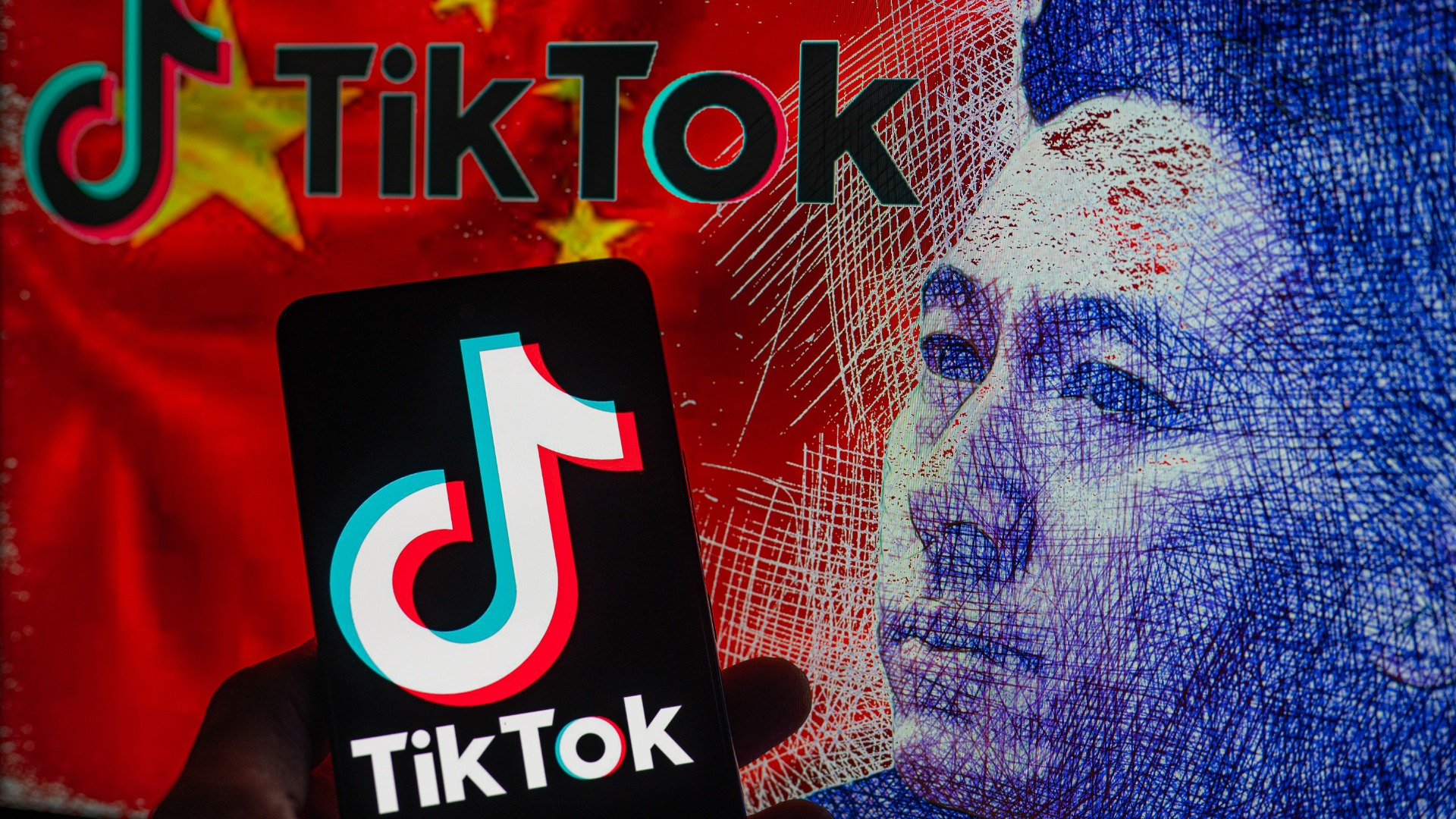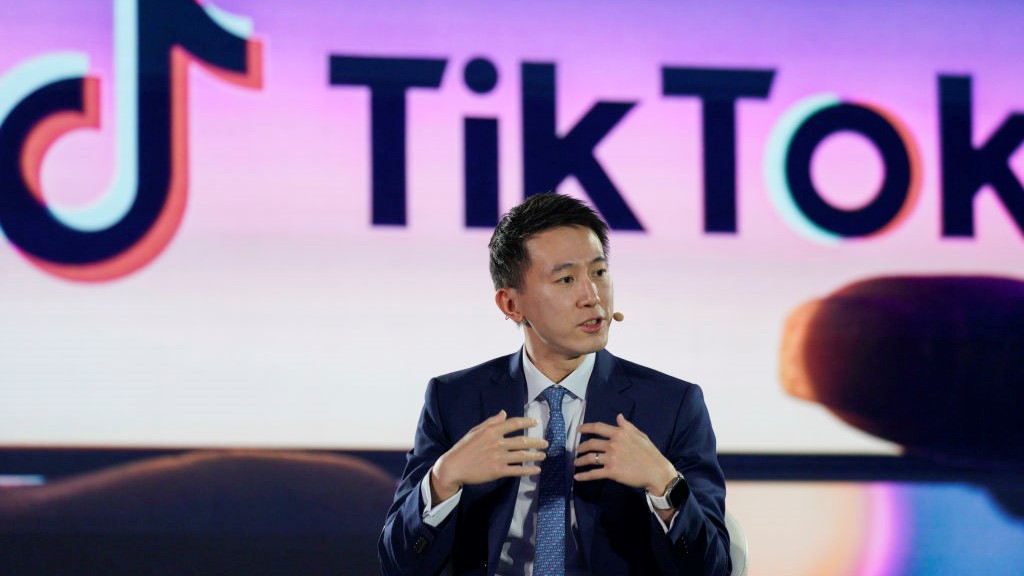
The Chinese Communist Party (CCP) "maintained supreme access" to all TikTok user data, according to claims from a former ByteDance employee.
Yintao “Roger” Yu also accuses TikTok's parent company of spreading China nationalist propaganda, while implementing an unlawful "worldwide scheme" to profit from competitors' content.
The Beijing-based company has strongly rejected all the accusations.
ByteDance's alleged 'culture of lawlessness'
Yu's allegations, part of a larger wrongful layoff's lawsuit filed in the Superior Court of San Francisco In May 2023, emerged as US lawmakers are voting to pass a new law to finally be able to legally enforce a TikTok ban. In that case, people in the US would need a VPN service to keep accessing the video-sharing app.
"The Committee maintained supreme access to all the company data, even data stored in the United States," Yu's complaint said, according to CNN.
Working as ByteDance Head of Engineering for US operations between August 2017 and November 2018, Yu also claimed that the CCP had a special office in the company known as the Committee responsible to monitor and guide ByteDance in how to advance "core Communist values."
Describing TikTok's parent company as a "useful propaganda tool" for Beijing, Yu then said to have been "struck by the misdirection" of its CEO's testimony in March. At that time, despite his alleged knowledge about the Committee's backdoor access, Shou Zi Chew pledged the app's responsibility to protect US user data.
"After receiving criticism about access from abroad, individual engineers in China were restricted from accessing US user data, but the Committee continued to have access," he said, Fortune reported.

Perhaps the most popular app worldwide, TikTok troubles aren't limited to unlawfully accessing users' data and spreading Chinese propaganda.
In his complaint, Yu also describes ByteDance's "worldwide scheme" to steal and profit from content posted on other platforms, like Instagram or Snapchat, by using software able to strip users' videos without consent.
He also accuses the company of fabricating users to exaggerate its engagement metrics and secure potential investments, even mentioning an illegal plan to fire another employee who suffered from depression.
Yu accuses his bosses of being dismissive of his concerns over what he described a "culture of lawlessness focused on growth at all costs."
ByteDance completely denied all Yu's allegations, explaining that he worked on another app called Flipgram during his brief period at ByteDance which development was then halted for business reasons.
"We plan to vigorously oppose what we believe are baseless claims and allegations in this complaint," a ByteDance spokesperson said to CNN.
A California resident, Yu is now asking compensatory damages such as lost earnings, injunctive relief and punitive damages.
Another case for a TikTok ban?
Whether or not Yu's claims are verified facts or the product of anger towards an ex-employer, what's certain is that, at this very moment in time, they are going to bring more fuel over the existing tensions between White House and the Chinese social media giant.
It could boost the chances for the bipartisan bill known as the RESTRICT Act to become law, for example. This, considered the best bet to finally banning TikTok, seeks to create a framework to monitor, review and limit information communication technologies distributed by foreign adversaries like China.
Many experts are voicing their concerns on such a proposed law, though, as it will de-facto grant new powers to the US government to decide what citizens can and cannot access online.
Commentators are also worried of the potential consequences of making TikTok illegal in the US. These include a restriction of civil liberties, disproportionate earning losses on small businesses, greater data security risks, and boosted online censorship.
"The RESTRICT Act would impose unacceptable restrictions on citizens’ digital freedom and raises serious questions over how far the government is willing to compromise the privacy rights of its citizens," VPN provider Private Internet Access (PIA) told TechRadar.
In the meantime, we recommend individual users to weigh TikTok's privacy issues for deciding themselves if it's worth taking the risk and keep using the video-sharing app.







